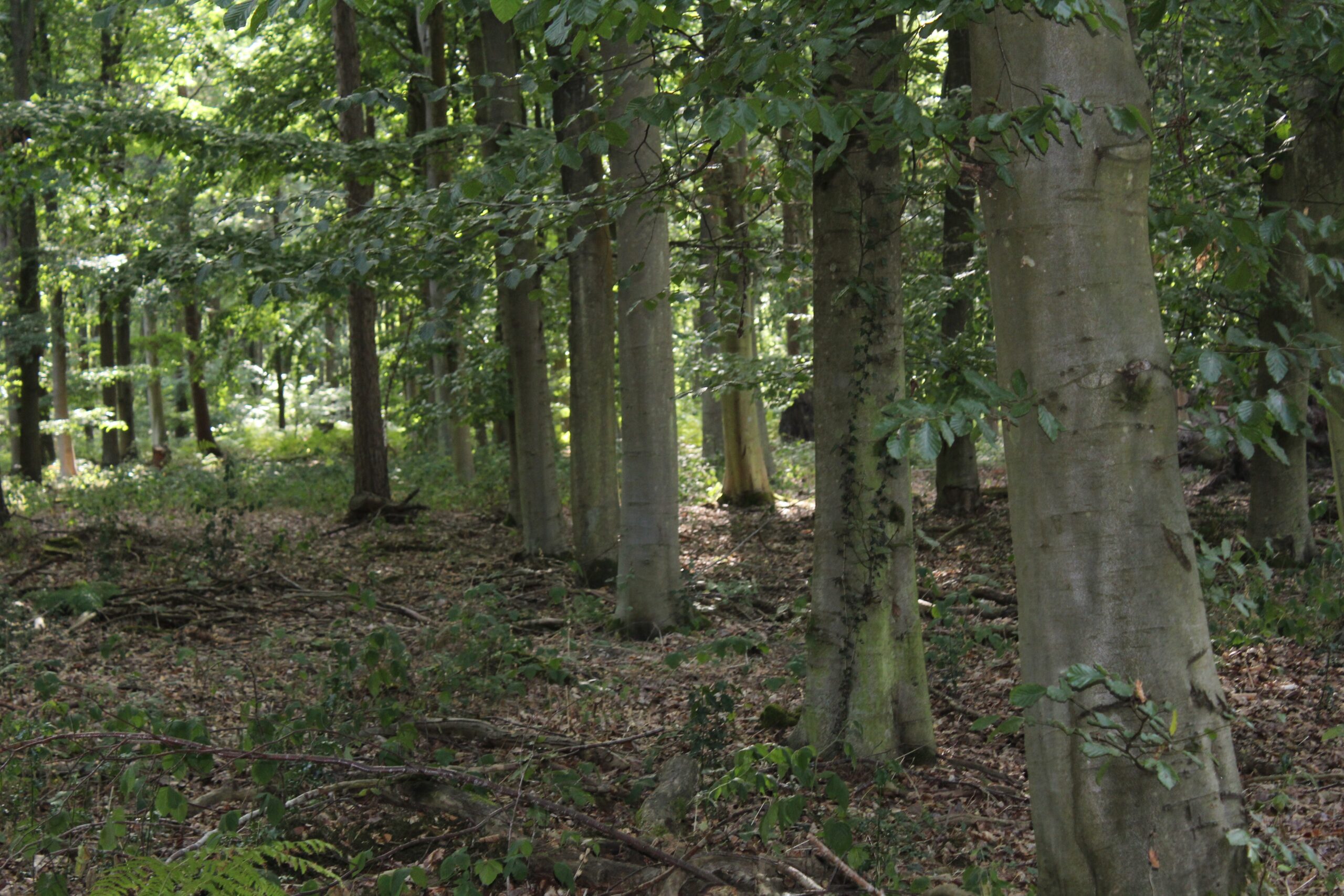Supervisors: Dr Joanna Clark, Dr Hilary Geoghegan, Dr Tom Nisbet (Forest Research), Andrew Hagger (Thames Water)
Project Overview: Natural Flood Management (NFM) is gaining popularity as a tool to help reduce flood risk, particularly in areas where cost-benefit analysis does not support large engineering schemes. NFM works by enhancing natural processes to increase below ground infiltration, water storage above and below ground and slow the flow of water within channels through a range of different measures e.g. leaky barriers in river channels, woodland planting on catchment hillslopes. However, the evidence base to support NFM measures is variable, and particularly gaps exist on how effective different measures are in lowland groundwater dominated catchments compared to upland surface water dominated catchments where most research has been carried out to date. This project aims to improve our understanding of NFM measures within the West Thames area by working on evaluating three community based NFM projects that are currently setting up new NFM schemes.
The specific objectives are to explore the multi-functions of woodlands in NFM, specifically:
- Evaluate the impact of woody leaky barriers on peak flow using field monitoring data
- Evaluate the impact of woodlands on infiltration and soil water storage
- Assess the role of community engagement and knowledge in NFM project design, delivery and monitoring for evaluation.
Training. This project has been funded to enhance work currently underway for the NERC LANDWISEproject. The student will join a team of field technicians, post-doctoral research assistants and project scientists working on the project who will provide additional support and training. The student will be trained in field work, particularly state-of-the art flow monitoring equipment and flow gauging, and land-based measurements of soil and vegetation hydrology. Further training in data analysis, participatory methods and public engagement will also be provided.
Eligibility:
- Applicants should hold or expect to gain a 2.1 or 1st BSc in Geography, Environmental Science, Ecology or related discipline.
- Due to restrictions on the funding this studentship is open to UK/EU students.
Funding Details:
- Starts September 2019
- Up to 4 year award
- Tuition fees plus stipend and research training budget including field work and conferences
How to apply: To apply for this studentship please submit an application for a PhD in Environmental Science at http://www.reading.ac.uk/graduateschool/prospectivestudents/gs-how-to-apply.aspx.
*Important notes*
- 1) Please quote the reference ‘GS19-087’ in the ‘Scholarships applied for’ box which appears within the Funding Section of your on-line application.
- 2) When you are prompted to upload a research proposal, please omit this step.
Application Deadline: 5 July 2019
Further Enquiries: Please contact Joanna Clark (j.m.clark@reading.ac.uk).
Please note that, where a candidate is successful in being awarded funding, this will be confirmed via a formal studentship award letter; this will be provided separately from any Offer of Admission and will be subject to standard checks for eligibility and other criteria.

